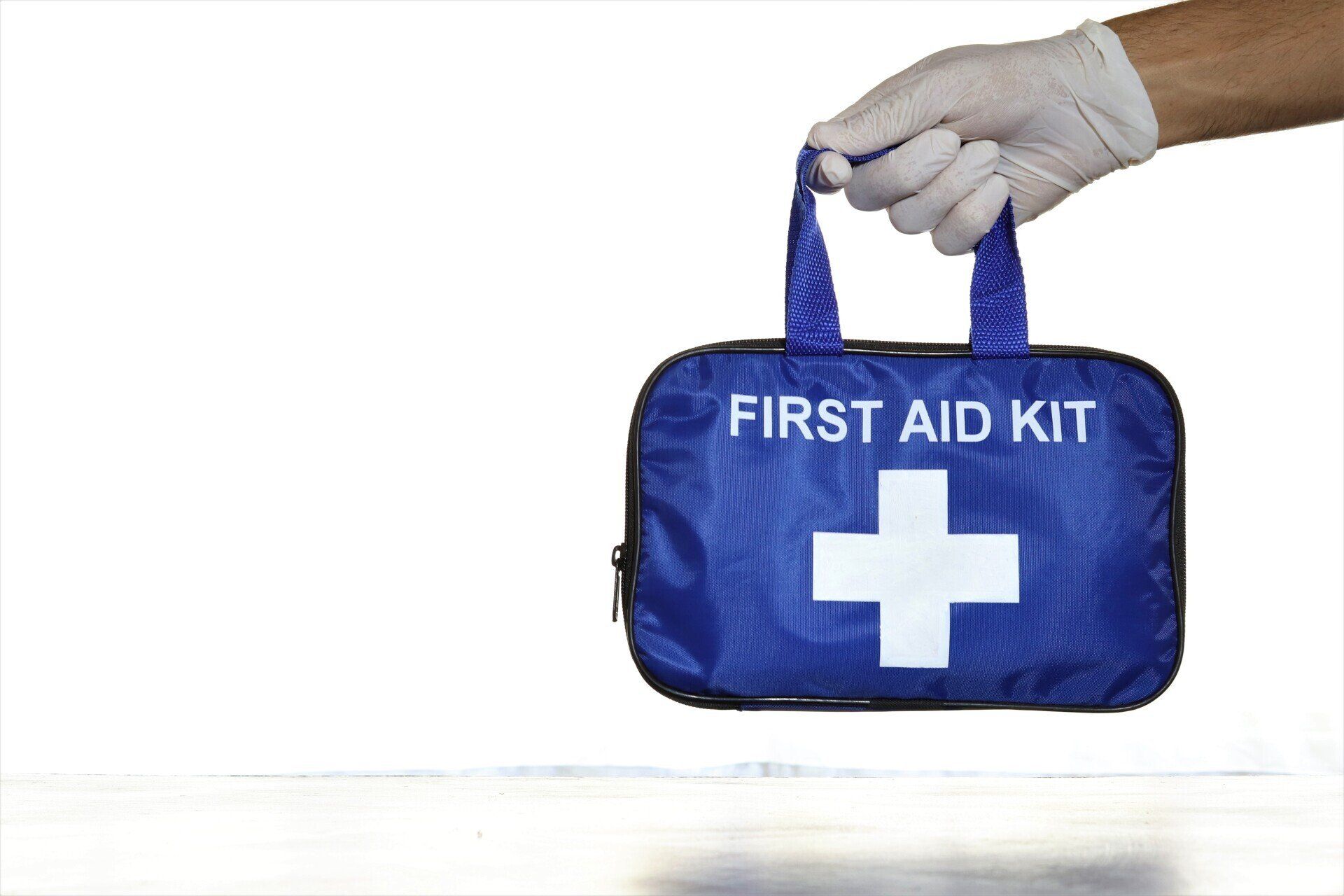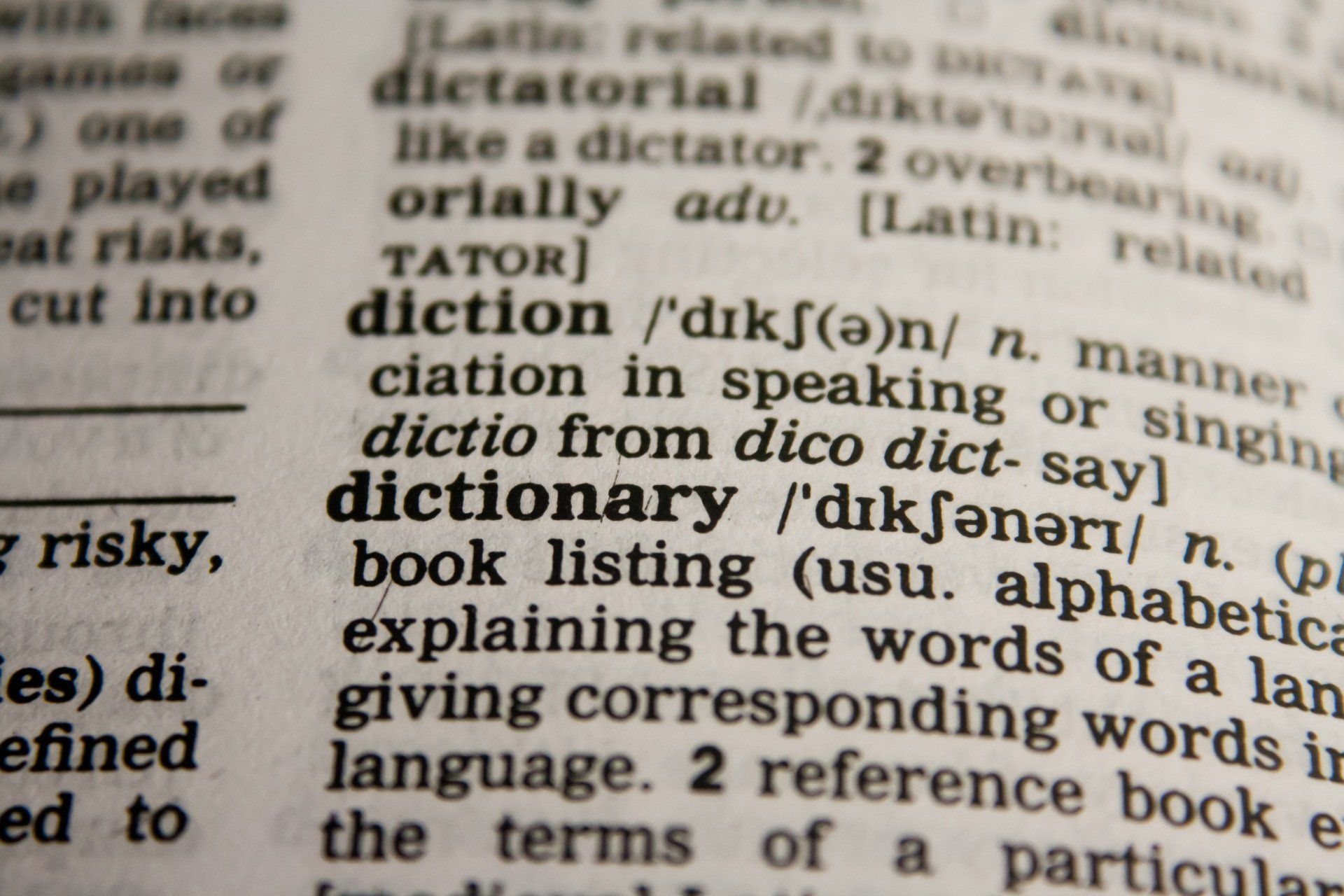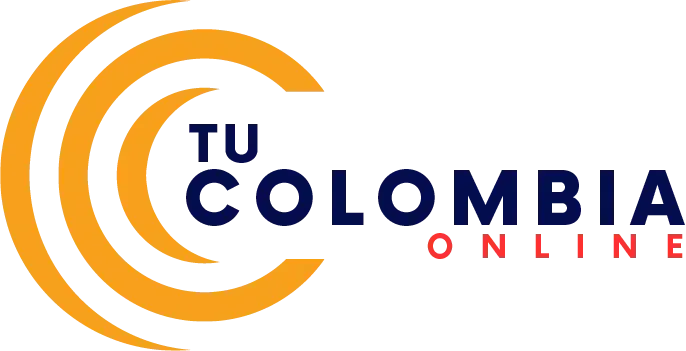Liposuction in Colombia: Risks and Effects
The allure of liposuction, a procedure that surgically eliminates excess fat from various body parts such as the abdomen, thighs, arms, or neck, is undeniable. This cosmetic surgery can enhance your physical appearance and elevate your self-esteem. But remember, this journey is not without its tribulations, especially if you're considering undergoing the procedure in Colombia, a hotspot for medical tourism.
Colombia's reputation for delivering high-quality, cost-effective plastic surgery is well-known. Coupled with its stunning landscapes and rich culture, it's no wonder why many opt for this route. However, venturing overseas for medical purposes is not without its caveats. Let's delve into potential obstacles you might encounter if you opt for liposuction in Colombia and how to arm yourself against them.
- Read more: The Liposuction Costs Guide Can Help You Make a Decision
Embarking on a Health Journey Overseas: Safety First

When it comes to medical tourism, health and safety risks are predominant concerns. Given Colombia's tropical climate, you might be exposed to unfamiliar pathogens. Additionally, hygiene standards in hospitals and clinics may differ from those back home.
To mitigate these risks, consult your doctor before embarking on your journey and ensure all necessary vaccinations and medications are taken. Research the clinic or hospital you've chosen thoroughly, ensuring they adhere to strict sterilization and infection control protocols. Be cautious about what you consume and maintain good personal hygiene.
Aside from health concerns, the safety of your personal belongings and information is paramount. While Colombia has made strides in reducing crime rates, some areas remain unstable. Tourists and medical travelers can be targeted by scams.
Safeguard yourself and your possessions by avoiding solo or night travels and sticking to well-lit, populated areas. Keep your valuables and documents secure and be wary of offers that seem too good to be true. Never disclose personal or financial information to strangers.
Overcoming Language Barriers: Communication is Key

Language barriers could pose significant challenges when undergoing liposuction in Colombia. Although English is commonly spoken in major cities and tourist spots, it might not be as prevalent in smaller towns or rural areas. Different accents or dialects might further complicate understanding.
Effective communication is vital for any medical procedure. You need to clearly communicate your expectations, preferences, and questions to the medical team, and in turn, fully comprehend their instructions and advice.
To navigate through language barriers, consider clinics or hospitals with bilingual staff or translators. Brush up on basic Spanish phrases relevant to your surgery. Having a dictionary or translation app handy will also be beneficial.
Navigating Legal and Ethical Differences: Do Your Homework
Legal and ethical standards can vary significantly between countries. Colombia has its own laws regulating plastic surgery, which might differ from those in your home country. For instance, informed consent requirements, patient rights, malpractice insurance, and medical record handling can differ.
Be aware that some clinics or surgeons might not adhere to best practices or ethical principles when performing liposuction. They might use outdated or unsafe techniques, make unrealistic promises, or even engage in illegal activities.
To steer clear of legal or ethical issues, thoroughly research your chosen clinic or surgeon. Check their credentials, qualifications, experience, and reviews. Understand the contract and consent forms provided and seek clarification if needed.
Preparing for Potential Complications: Prevention is Better Than Cure
Liposuction, while generally safe, carries potential risks. Complications such as bleeding, infection, blood clots, nerve damage, skin necrosis, contour irregularities, or asymmetry may arise.
While most complications are minor and treatable, some can be severe, requiring additional intervention. These complications can impact your final results or cause permanent damage or scarring.
To prevent complications, strictly follow pre-operative and post-operative instructions. Report any signs of infection, bleeding, swelling, pain, or numbness promptly. Avoid smoking, alcohol, or medications that might hinder your healing process.
Recovery: Patience and Care
Recovery from liposuction can be challenging, especially when traveling abroad. Bruising, swelling, soreness, or stiffness in treated areas can last several weeks or months. You may also need to limit physical activities, avoid sun exposure, and follow a healthy diet.
Travel-related complications like jet lag, travel fatigue, culture shock, or being away from your support system can make recovery tougher. So, plan your trip carefully, allow ample time for rest and healing, and ideally, have someone accompany you.
Conclusion
Getting a liposuction in Colombia can be an enriching and cost-effective way to enhance your body shape and confidence. However, it's important to be fully aware and prepared for the potential risks and challenges. Conduct thorough research, choose a reputable clinic and surgeon, follow their instructions, and take good care of yourself to ensure a successful liposuction experience in Colombia.
Frequently Asked Questions
Related Posts
Disclaimer: The content provided in this blog post is for informational purposes only and is not intended as a substitute for professional medical advice, diagnosis, or treatment. Always seek the advice of your physician or other qualified health provider with any questions you may have regarding a medical condition. Never disregard professional medical advice or delay in seeking it because of something you have read on this blog.



